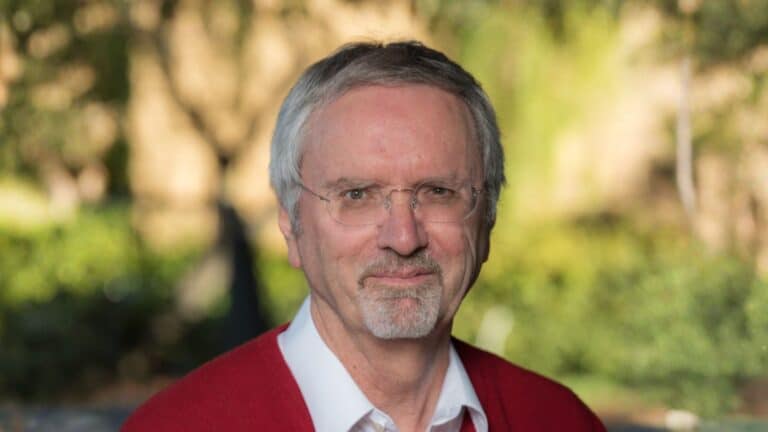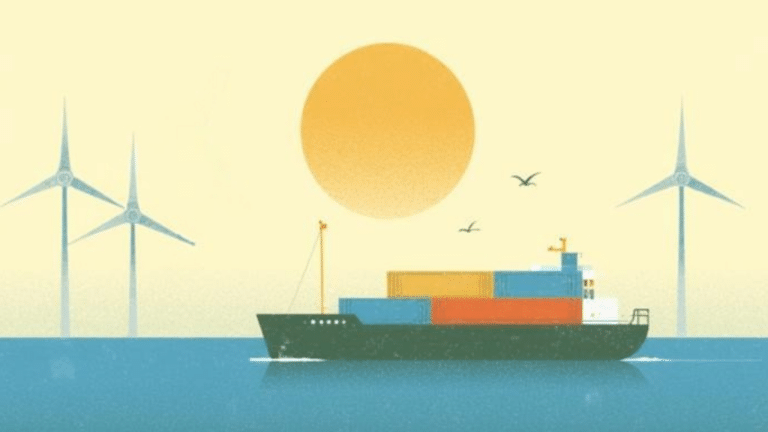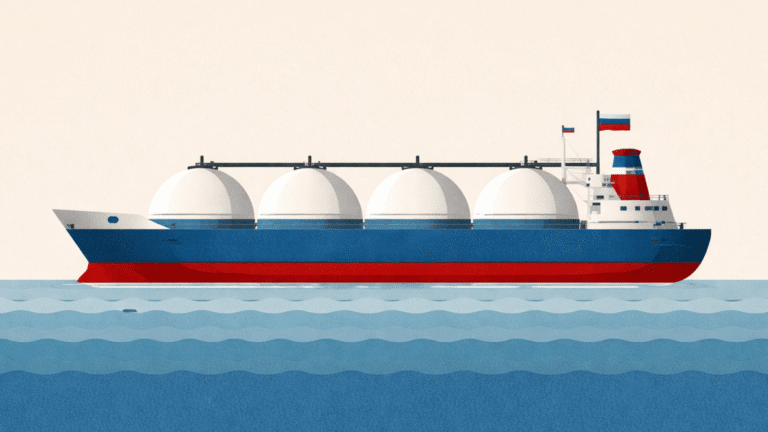Could a strategic lithium reserve kickstart US supply chain development?
NEW YORK -- A strategic lithium reserve is being mooted as a solution to stabilize volatile prices that have hindered American mining projects, allowi
Current Access Level “I” – ID Only: CUID holders, alumni, and approved guests only
Sabin Center for Climate Change Law and Bracewell
In a 6-3 decision in West Virginia v. EPA, Supreme Court justices determined that the Environmental Protection Agency (EPA) overstepped its authority in regulating carbon dioxide emissions from power plants. Since the Thursday decision, several environmental groups have called the monumental ruling devastating to the Biden administration’s efforts to facilitate a clean energy transition.
For a breakdown of the decision and its implications for climate regulations moving forward, host Bill Loveless spoke with legal experts Michael Gerrard and Jeff Holmstead.
Michael is founder and director of the Sabin Center for Climate Change Law at Columbia University. He has pioneered innovative legal strategies and teaches courses on environmental law, climate change law and energy regulation. Before his time at Columbia, Michael was the head of the New York law office of Arnold & Porter.
Jeff heads the Environmental Strategies Group at the law firm Bracewell. He previously served as assistant administrator for air and radiation at the EPA under President George W. Bush from 2001 to 2005. During his tenure, he was one of the architects behind the Clean Air Interstate Rule, the Clean Air Diesel Rule and the Mercury Rule for power plants.
The pair discussed precisely how the rule curbs the EPA’s power, where it stops short, and the kind of legal precedence it sets for future cases.
This has been a crucial year for US energy policy. The passage of the One Big Beautiful Bill Act eliminated many of the clean energy incentives that were...

Over the past week, President Trump has intensified pressure on Venezuelan president Nicolás Maduro by targeting the regime’s economic lifeline—oil. The United States has seized two oil tankers...

If it seems like you're hearing a lot more about geothermal energy lately, that's because this clean, firm energy source is at a technological turning point. With roots...

Investment in clean energy technologies is on course to hit a record $2.2 trillion this year, according to the International Energy Agency. That’s more than twice the amount...

The country could see a relatively rapid recovery of some oil production, depending on the leadership that emerges.

Early on 3 January 2026, the United States launched a military operation to arrest President Nicolás Maduro and remove him from Venezuela. This operation also involved the arrest...

This Energy Explained post represents the research and views of the author(s). It does not necessarily represent the views of the Center on Global Energy Policy. The piece...

Geopolitical uncertainty associated with Russian gas exports could swing the range of those exports by an estimated 150 bcm per year.
